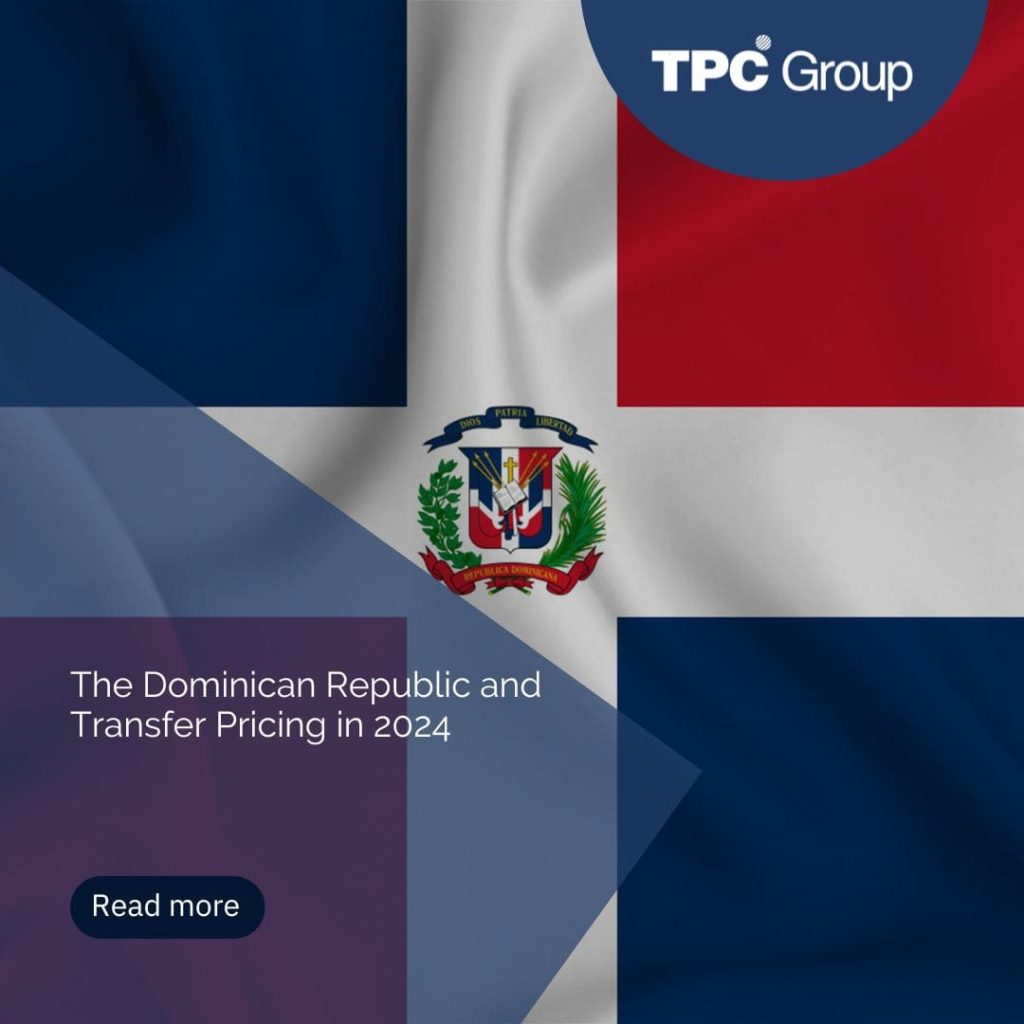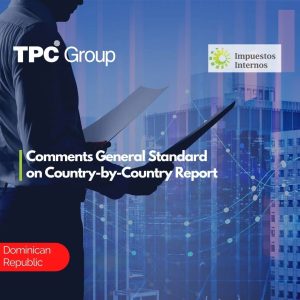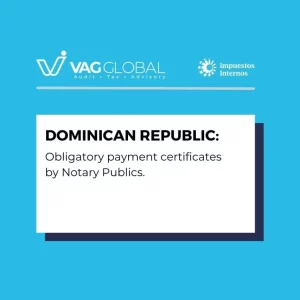The Dominican Republic stands out for its consistent tax system. Under this framework, Transfer Pricing regulations have arisen as a key area focused on by the Dominican tax authorities and companies operating in the country.
The Transfer Pricing regulations are supported by the Tax Code, specifically Article 281, Decree 78-14, which regulates Transfer Pricing, Decree 256-21, which amends General Norm 08-2021 on the Country by Country Report, and finally, RNC No. 401-50625-4 related to the list of countries not considered as tax havens.
These provisions establish that related party transactions must be at market prices, i.e., in conditions reflecting the value agreed upon between independent parties under similar circumstances.
Related Parties
Related parties are individuals, legal entities, or entities within the criteria established and detailed in Article 2 of Decree 78-14 as long as one of them, at least, is resident or located in the Dominican Republic. When one of the parties directly or indirectly participates in the management, control, or capital of the other.
Obligors
Residents performing business or financial transactions with:
- Individuals, legal entities, or related entities abroad.
- A local domiciled related party.
- Individuals, legal entities, or entities domiciled, incorporated, or located in tax havens, whether or not the latter are related.
Type of Obligations:
Information Statement of Related Party Transactions: This statement only reports related party transactions as well as the valuation method and price ranges or margins. It is annually filed within 180 days after the closing date.
It should be noted that according to the amendment indicated in Article 4 of Decree 256-21 related to Art. 18 of Paragraph II of Decree 78-14, all taxpayers complying with one of the linkage criteria detailed in Article 2 of said Decree must file the Information Statement of Related Party Transactions, regardless of whether they have carried out related party transactions or not.
Local Report or Transfer Pricing Study: Document supporting the Arm’s Length Principle application detailing the valuation process of the transfer prices agreed with related parties. This report describes the taxpayer, its organizational structure, and the operating process; subsequently, the functional and economic description of the transactions under analysis is detailed.
Regarding this obligation, Paragraph II of Article 1 of Decree 256-21 states the significance of the correct characterization of the transactions, emphasizing that if the economic characteristics of these transactions differ from the provisions of the contracts and documentation provided by the taxpayer, the economic reality of the transaction based on the proceeding of the parties will be the accurate measure to delimit the real transaction.
Master File: Document describing the structure and the operating procedure of the Multinational Group regarding its economic activities, the Transfer Pricing policies, profit sharing, intangible assets policy, and financing policies, among others.
The taxpayers obliged to file this report are those members of a Multinational Group and comply with the linkage assumption indicated in numeral 1 of article 2 of Decree 78-14.
Country by Country Report: This report includes the tax information of each entity of the Group regarding income, taxes paid, profit sharing, capital declared by each entity of the Multinational Group for each tax jurisdiction in which it operates, as well as the main business activities in the jurisdictions where the Group operates. The scope of this obligation will be for taxpayers who are the ultimate parent company or member of a Multinational Group and reside for tax purposes in the Dominican Republic with consolidated income of the Group equal to or greater than R.D. $38,800,000,000.
The Dominican regulations exempt from the obligation of local reports and master files to:
“1. Those whose related transactions do not exceed jointly, in the fiscal year in question, the amount of R.D. $ 14,265,442 and do not perform transactions with residents in tax havens or preferential tax regimes;
“2. Those performing transactions with resident-related parties for the part of the transactionsperformedwith them exclusively. This exclusion is contained in paragraph V, Article 18 of Decree 78-14, amended by paragraph VII of Article 4 of Decree 256-21.”
Therefore, the support of expert Transfer Pricing advisors is significant to avoid contingencies due to non-compliance or incorrect characterization of the related party transactions, probably due to imprecise analysis of the functions, assets, and risks involved in the value creation.




